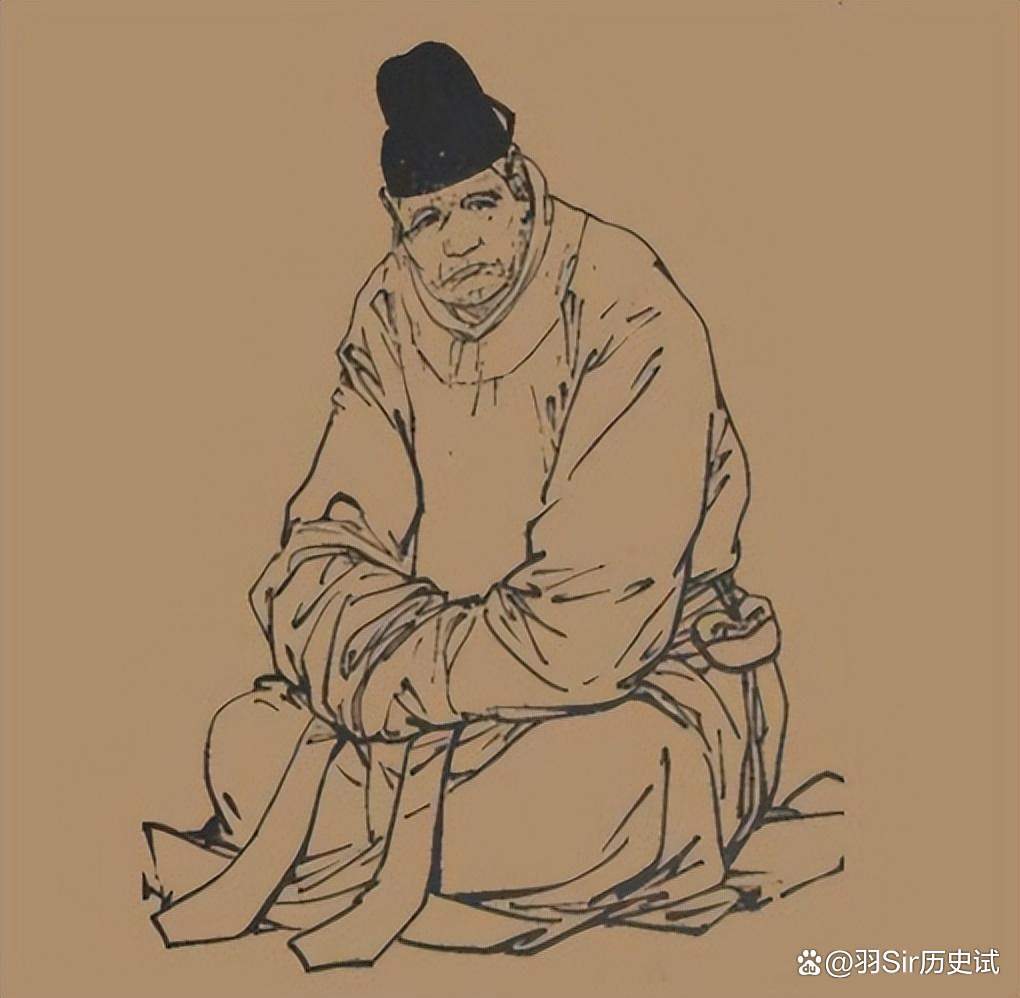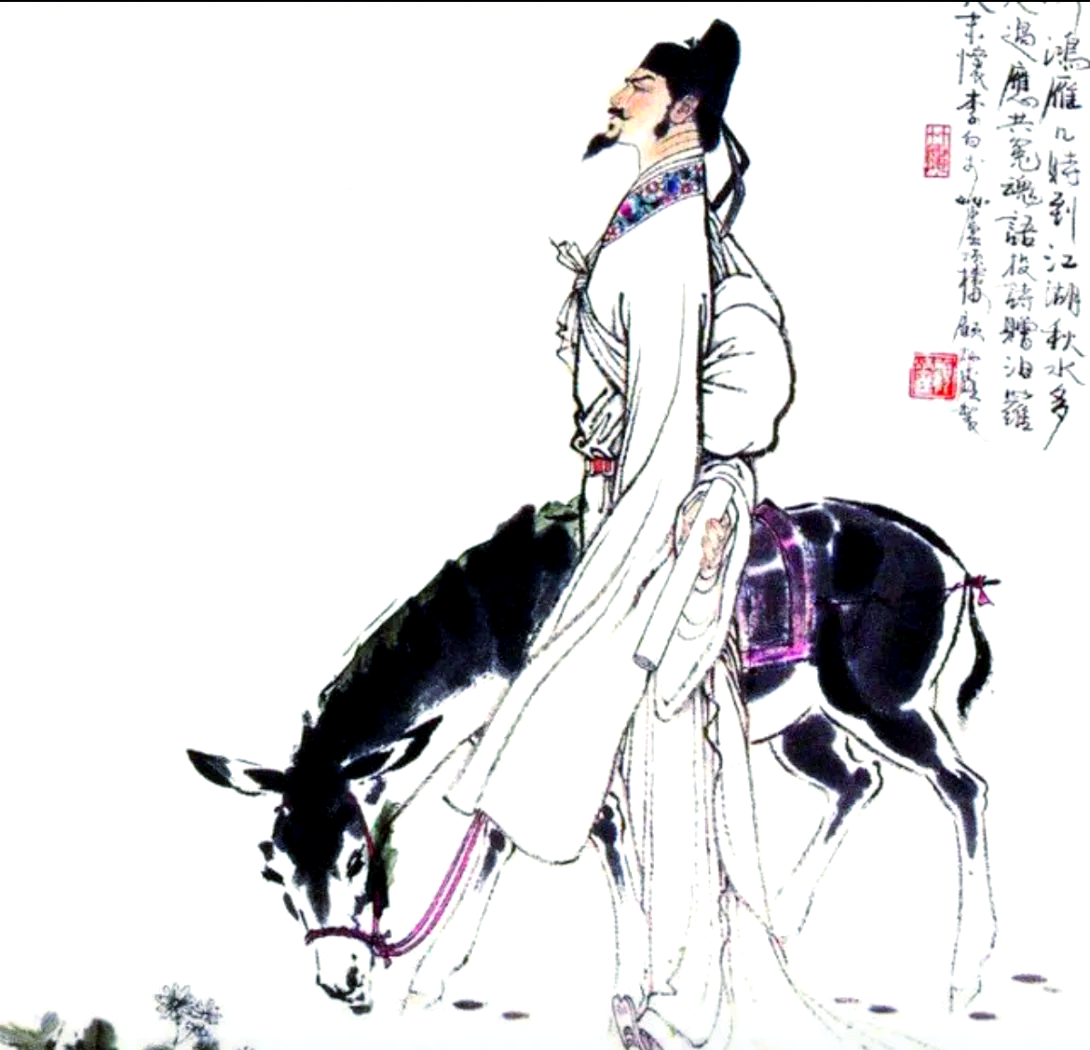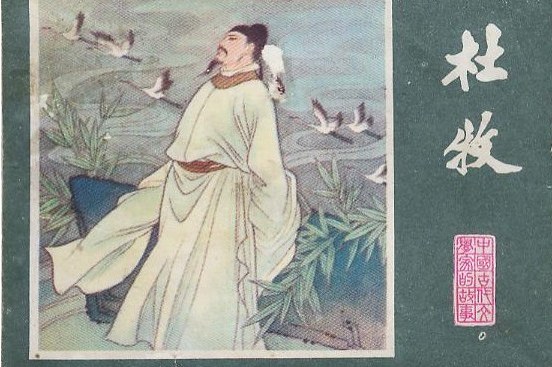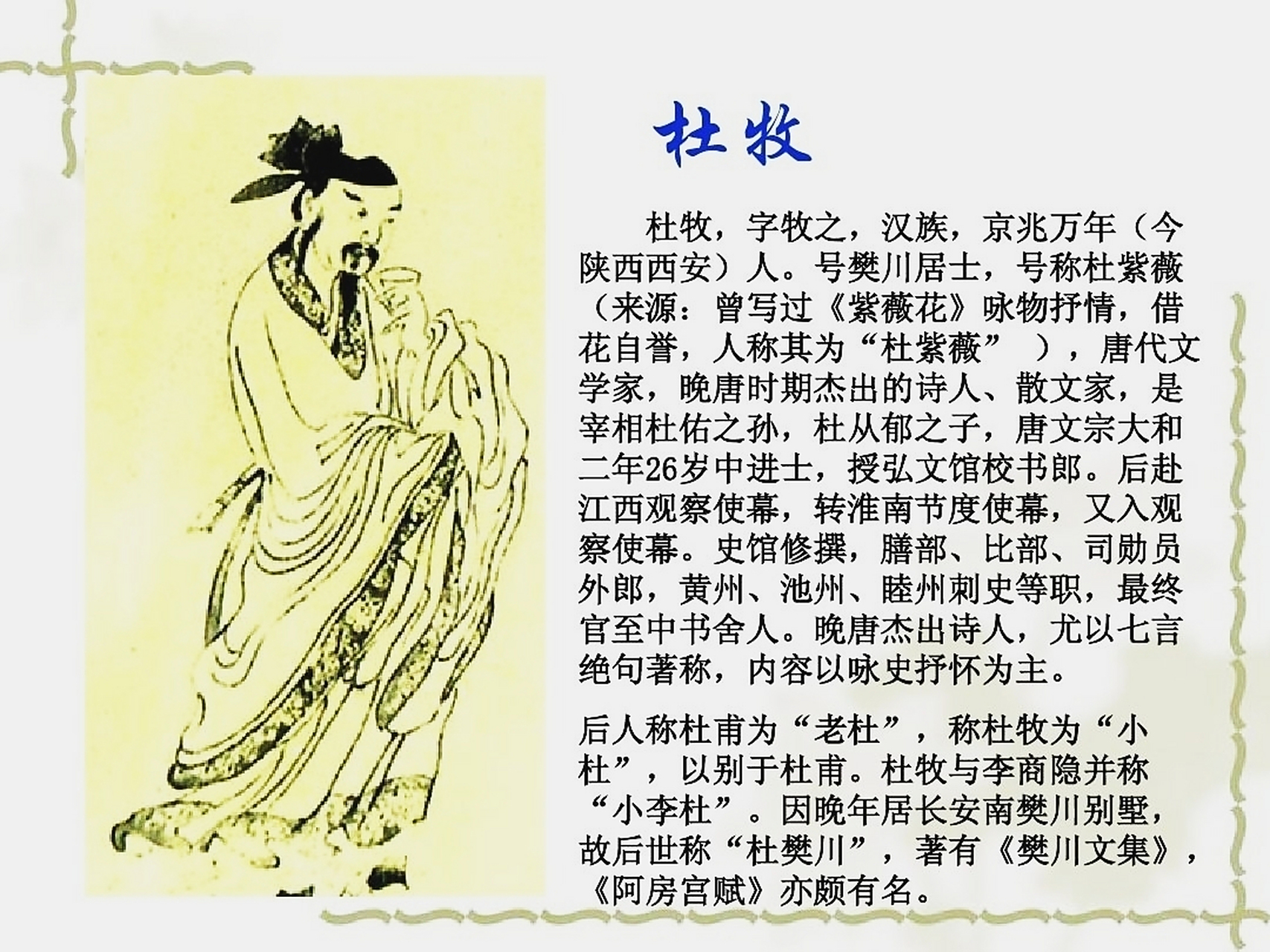The An Lushan Rebellion occurred during the Tang Dynasty, which was a turning point from prosperity to decline. Below, the editor of the History Encyclopedia will bring you a detailed introduction. Let’s take a look together!

After the outbreak of the An Lushan Rebellion, Emperor Xuanzong of Tang, Li Longji, hurriedly fled to Shu. Crown Prince Li Heng went north and proclaimed himself emperor through Lingwu. Afterwards, eunuch Yu Chao’en was highly valued. At the same time, generals such as Guo Ziyi also made numerous military achievements in quelling the An Lushan Rebellion, especially Guo Ziyi, who was regarded as the first to achieve this feat. However, Guo Ziyi’s outstanding military achievements stimulated eunuch Yu Chao’en, who repeatedly slandered Guo Ziyi and even put the court in danger several times. Due to his inability to overthrow Guo Ziyi, Yu Chao’en vented his anger and sent people to dig up Guo Ziyi’s ancestral tomb.
The enmity between Yu Chao’en and Guo Ziyi arose from Yu Chao’en’s jealousy of Guo Ziyi’s military achievements
After the outbreak of the An Lushan Rebellion, seeing that Chang’an was in danger, Emperor Xuanzong of Tang, Li Longji, fled to Shu with Yang Guifei and others. Later, a mutiny occurred at Mawei Post. Afterwards, Emperor Suzong of Tang, Li Heng, went north to Lingwu to proclaim himself emperor and honored Li Longji as the Grand Emperor. While summoning troops and horses to suppress the rebellion, eunuchs such as Li Fuguo and Yu Chao’en, who had been serving around Li Heng, began to be highly valued.

Yu Chao’en was first appointed as the supervisor of Li Guangjin’s army, and later appointed as the chief inspector of the Three Palaces, and the left supervisor of the gatekeeper general was appointed as an internal attendant to save time. Unlike Li Fuguo, who often accompanied Emperor Suzong of Tang and Li Heng, Yu Chao’en served in the military for a long time after being highly valued, which was also the source of his urgent need for military achievements and resentment towards Guo Ziyi’s military achievements.
In August of 756 AD, during the reign of Emperor Suzong of Tang, after the arrival of generals such as Guo Ziyi and Li Guangbi in Lingwu, the Tang army began a counterattack against the rebels. However, after Prime Minister Fang Guan led his army to a major defeat in Chen Tao, the Tang army suffered heavy losses. For a long time thereafter, Emperor Suzong could only rely on Guo Ziyi’s Shuofang army. Afterwards, Guo Ziyi first pacified Hequ and then conquered the two capitals. By December of the second year of Zhide (757), most of Hedong, Hexi, Henan and other areas had been recaptured. Guo Ziyi can be said to have made outstanding military achievements.
In the first year of Qianyuan (758 AD), the court began to launch an attack on the rebel stronghold in Hebei Province. Emperor Suzong of Tang ordered nine major military governors, including Guo Ziyi from Shuofang, Li Guangbi from Hedong, and Wang Sili from Guannei, to join forces to suppress An Qingxu. However, Emperor Suzong of Tang did not set up marshals for these 200000 strong army (later increased to 600000) as usual, but instead appointed Yu Chao’en as the “commander of the army to observe military appearance, comfort and dismiss officials”, becoming the actual commander of this army. This is the first time that Yu Chao’en has led a large army, but it is also the beginning of his feud with Guo Ziyi.
Faced with the massive attacks of the imperial court, An Qingxu repeatedly retreated and was ultimately surrounded by Xiangzhou. In February of the second year of Qianyuan (759 AD), Shi Siming led his army south from Fanyang to rescue Anqing Xu. After capturing Weizhou, he proclaimed himself the “Great Holy King of Yan”. Li Guangbi and others suggested dividing the army to attack Weizhou and prevent Shi Siming’s reinforcements, but they were opposed by Yu Chao’en. He believed that the imperial army had the upper hand and was already in control, so he did not want his subordinate military governors to take over the command.
As a result, under the intervention of Yu Chao’en, the 600000 strong army of the court suffered a defeat in Xiangzhou due to their lack of mutual control and chaotic deployment. After Guo Ziyi retreated to Heyang, Emperor Suzong of Tang appointed him as the garrison commander of the Eastern Capital and the commander-in-chief of the camps in Dongji, Shannan Dongdao, Henan and other provinces to ensure the safety of Luoyang. However, Yu Chao’en was already jealous of Guo Ziyi’s military achievements. At this time, in order to shift the blame for the defeat in Xiangzhou onto Guo Ziyi and spread rumors in front of Emperor Suzong, Guo Ziyi was dismissed from his position and summoned back to the capital.
The greater the military achievements of Guo Ziyi, the deeper the resentment of Yu Chao’en. If the slander failed, someone was sent to dig up Guo Ziyi’s ancestral tomb
In January of the first year of the Shangyuan reign (760 AD), Emperor Suzong of Tang appointed Guo Ziyi as the military governor of Funing and Fufang, but still allowed him to stay in Chang’an. In September of the same year, at the constant request of the officials, Guo Ziyi was appointed as the commander-in-chief of various armies and horses, and was ordered to lead the armies of Yingwu, Weiyuan, Hedong, Hexi to attack Binning, Shuofang, Datong, Hengye, and then take Fanyang. As a result, due to Yu Chao’en’s obstruction and destruction, Guo Ziyi was ultimately unable to proceed.
In February of the second year of Shangyuan (761 AD), Li Guangbi, Pugu Huai’en, and others were defeated in Mangshan, and Shi Siming subsequently led his army to capture Luoyang again. The following year, in the first year of Baoying (762 AD), Tang Suzong Li Heng passed away, and Tang Suzong Li Yu succeeded him as emperor, becoming Tang Suzong. After Emperor Tang succeeded to the throne, he appointed Prince Yong Li Shi as the commander-in-chief of the army and horses in the world, and gathered more than 100000 military governors and Khitan soldiers in Shaanxi. He planned to use Guo Ziyi as the deputy commander-in-chief to attack Shi Siming and recover Luoyang, but was unable to do so due to the slander of Yu Chao’en and Cheng Yuanzhen.
In October of the first year of Guangde (763 AD), Tubo invaded Jingzhou and soon approached the capital. Due to Cheng Yuanzhen’s concealment of military information, coupled with the suspicion of generals by Emperor Tang, the Minister of War and Tongping Zhangshi were slandered and killed again, resulting in the capital having no defense force and foreign troops not daring to easily enter and serve the king. Emperor Tang had no choice but to flee to Shaanxi, and Chang’an fell again. At this time, although both Prince Yong Li Shi and Guo Ziyi were employed, there was a great chaos near Chang’an, and they were unable to gather troops in a timely manner. On the contrary, Yu Chao’en led the troops stationed in Shaanzhou and the Shence Army to welcome Emperor Tang, and as a result, he played a meritorious role in protecting the emperor. Emperor Tang favored Yu Chao’en even more and was appointed as the pacification commissioner for military appearance in the world, specializing in the Shence Army.
This achievement made Yu Chao’en feel lost and confused. Before he could be happy for long, Guo Ziyi, who had gathered the army, recaptured Chang’an. The Tang Emperor who returned to Chang’an gave Guo Ziyi an iron voucher and hung his portrait on the Lingyan Pavilion, which once again made Yu Chao’en extremely resentful.
Due to the turbulent autumn of the court, Emperor Tang also recognized the importance of Guo Ziyi. Seeing that Yu Chao’en could not bring down Guo Ziyi, he sent people to dig up his ancestral tomb as if venting his anger. However, Guo Ziyi, who was concerned about the country, did not want to cause further internal troubles in the face of external threats. Instead of holding Yu Chao’en accountable, he said, “I am in charge of the army and cannot prohibit soldiers from robbing graves. This is punishment from heaven, not a man-made disaster.
In the fifth year of the Dali era (770 AD), Prime Minister Yuan Zai secretly requested to kill Yu Chao’en, but Yu Chao’en was ultimately hanged.



